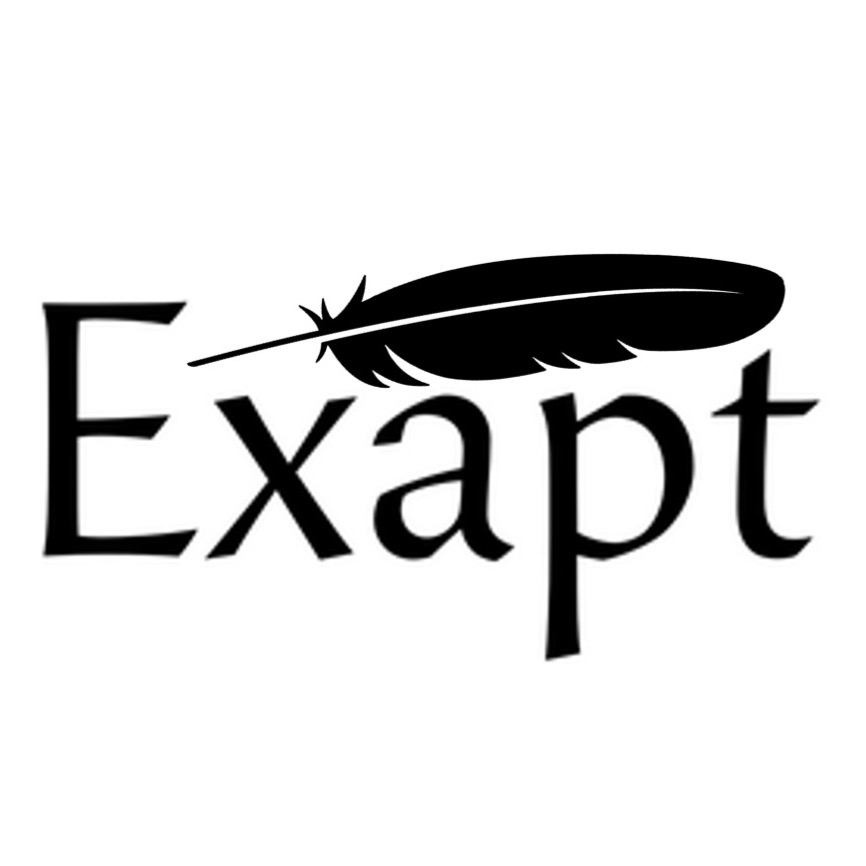Personal Knowledge Graphs:

Buy now
Personal Knowledge Graphs is an important contribution, both to the Personal Data community as well as to the Knowledge Graph community. Many people use personal and note-taking applications without being aware of the potential for their connection in a much broader ecosystem of data. Up until now, the Knowledge Graph community has been primarily focused either on making large public datasets connectable through Linked Data initiatives, or linking the data silos of individual firms through Enterprise Knowledge Graphs. This book lays down a bridge that can be traversed both ways.
—Dave McComb, President & Co-founder, Semantic Arts, Inc.
Knowledge graphs are an effective paradigm for data and knowledge management permeating AI. The rise of Personal Knowledge Graphs can empower individuals towards data sovereignty and control. This book is the first to explore this timely topic.
—Beena Ammanath, author of Trustworthy AI
Knowledge Graphs are now widely accepted in industry and government as an effective way to combine, store and query large volumes of heterogeneous data. This book is the first to open the door to a new application of knowledge graphs: individual citizens that want to have control over their own data, with applications ranging from personal archiving all the way up to a personal digital assistant. The book is a collection of accessible contributions that open the door to this new vision on personal knowledge management.
—Prof Frank van Harmelen, Professor of Knowledge Representation at the Vrije Universiteit Amsterdam
As a productivity coach, I use PKGs primarily for making knowledge actionable – which has implications for the intake, development, and output of knowledge. The essays Velitchkov and Anadiotis have assembled in Personal Knowledge Graphs cover a wide variety of important PKG topics. Some essays are more philosophical, some are more pragmatic, but all of them deepened my understanding of how I can get the most out of the PKG tools I use.
—R.J. Nestor, Productivity and Tools for Thought expert
As the data that individuals need to manage is becoming increasingly complex, there has been a rise in the development of tools and practices to assist in this process. This new generation of tools, although not necessarily based on open and enterprise graph approaches, seem to be converging with them on some level. These tools allow individuals to manage their data as personal knowledge graphs, experienced interactively with edges that can be traversed linking content, in a manner akin to explorations with a “thinking partner”. This timely book thoroughly reviews current research around personal knowledge graphs, with the aim to empower individual users, promoting productivity, data literacy, sovereignty, and interoperability, as well as highlighting future directions.
—Prof J. Mark Bishop, Director, TCIDA (Tungsten Centre for Intelligent Data Analytics), Goldsmiths, University of London
Too often today we give away our personal privacy for trinkets and for a little bit of security. But as our software and data mining systems get more powerful, it’s crucial that we seize back control over our data and our lives and personal knowledge graphs have the potential to do that for us before it’s too late.
—Dan Jeffries, Managing Director, AI Infrastructure Alliance, Author, Futurist, Engineer, and Systems Architect
A new generation of note-taking tools helps us quickly organize thoughts as knowledge graphs. Integrating Personal Knowledge Graphs will allow users to create more valuable and helpful knowledge than if note-taking is done with siloed tools. This book, written by some of the world’s leading experts on knowledge graphs, promises to explore and push the boundaries of Personal Knowledge Graphs.
—Dan McCreary, Distinguished Engineer in AI and Graph at Optum





